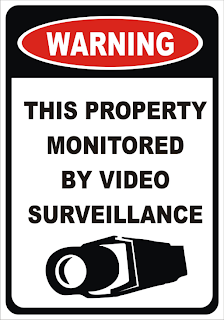Asset searching often starts with certain searches on the Internet and databases, but for the really in-depth work, and the tough assignments there is no database available. It therefore takes a lot of original research and creativity to put all the pieces of the puzzle together.
We also have access to networks of Canadian, North American and Worldwide “sources” that we have developed over the years that include connections with other professional investigators and search organizations with whom we have worked for years.
So if you're looking for asset location and recovery services ... always find out if you are using asset relocation investigators who are relying solely on databases, if so, you may be missing out on finding what you need to satisfy your or your client’s needs.
As many clients soon realize, in the Canadian legal system, securing a judgment against a defendant, whether it be an individual or a company, is only half of the battle.
The second half is trying to find the assets to satisfy the judgment.
The Renwick Group is often asked to find bank accounts, stock holdings, real estate and vehicles or any other assets of value, sometimes the assets can be located anywhere in the world.
Our asset investigations can cover all of the following:
- Asset Tracing
- Asset Recovery
- General Financial Investigation
- Bankruptcy Fraud Investigations
- Money Laundering Investigations
- Embezzlement Investigations
The Renwick Group has the knowledge and experience to help businesses with these types of investigations. Please call us at 1 (888) 722-9807 to discuss your corporate requirements.


